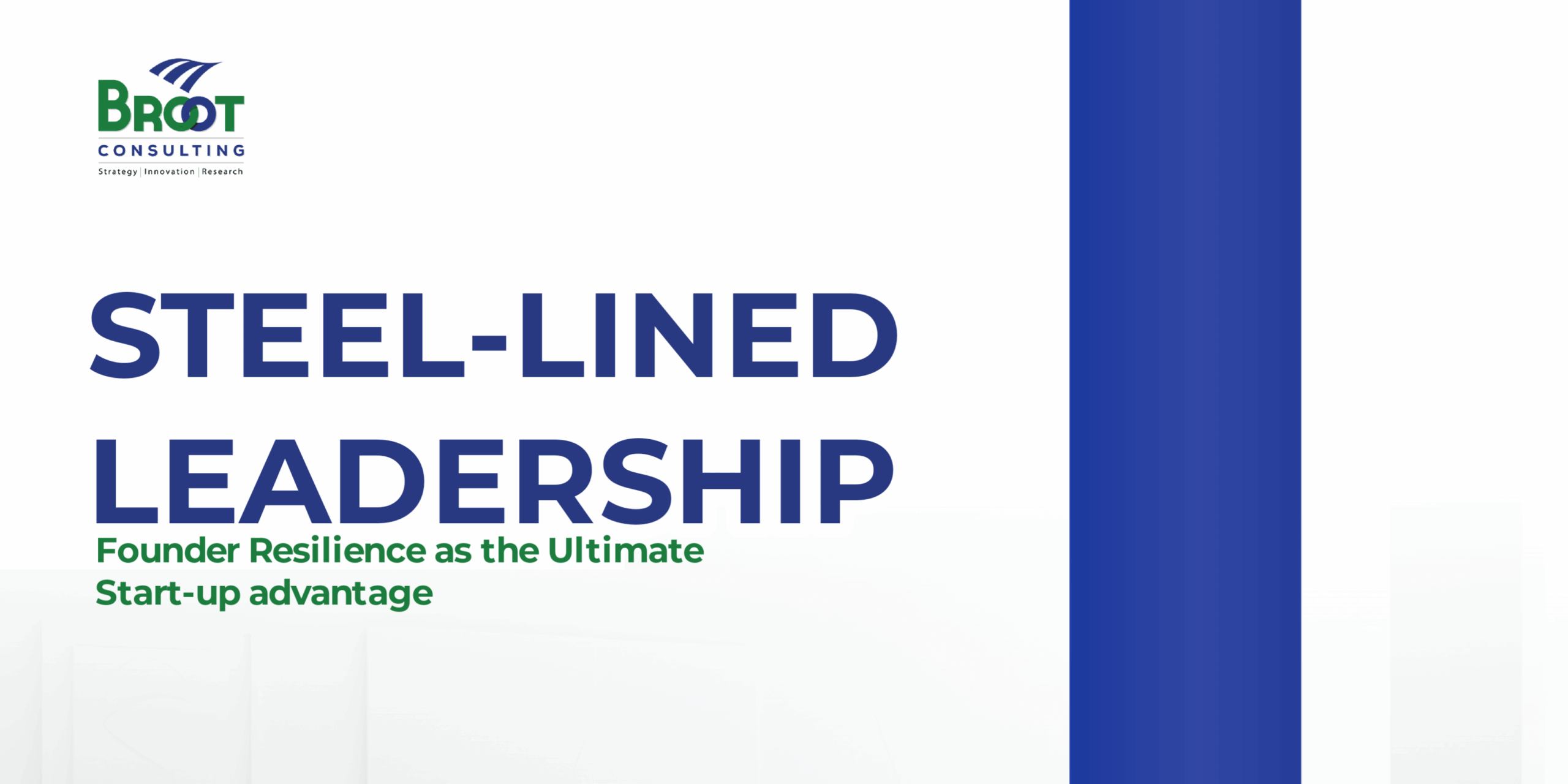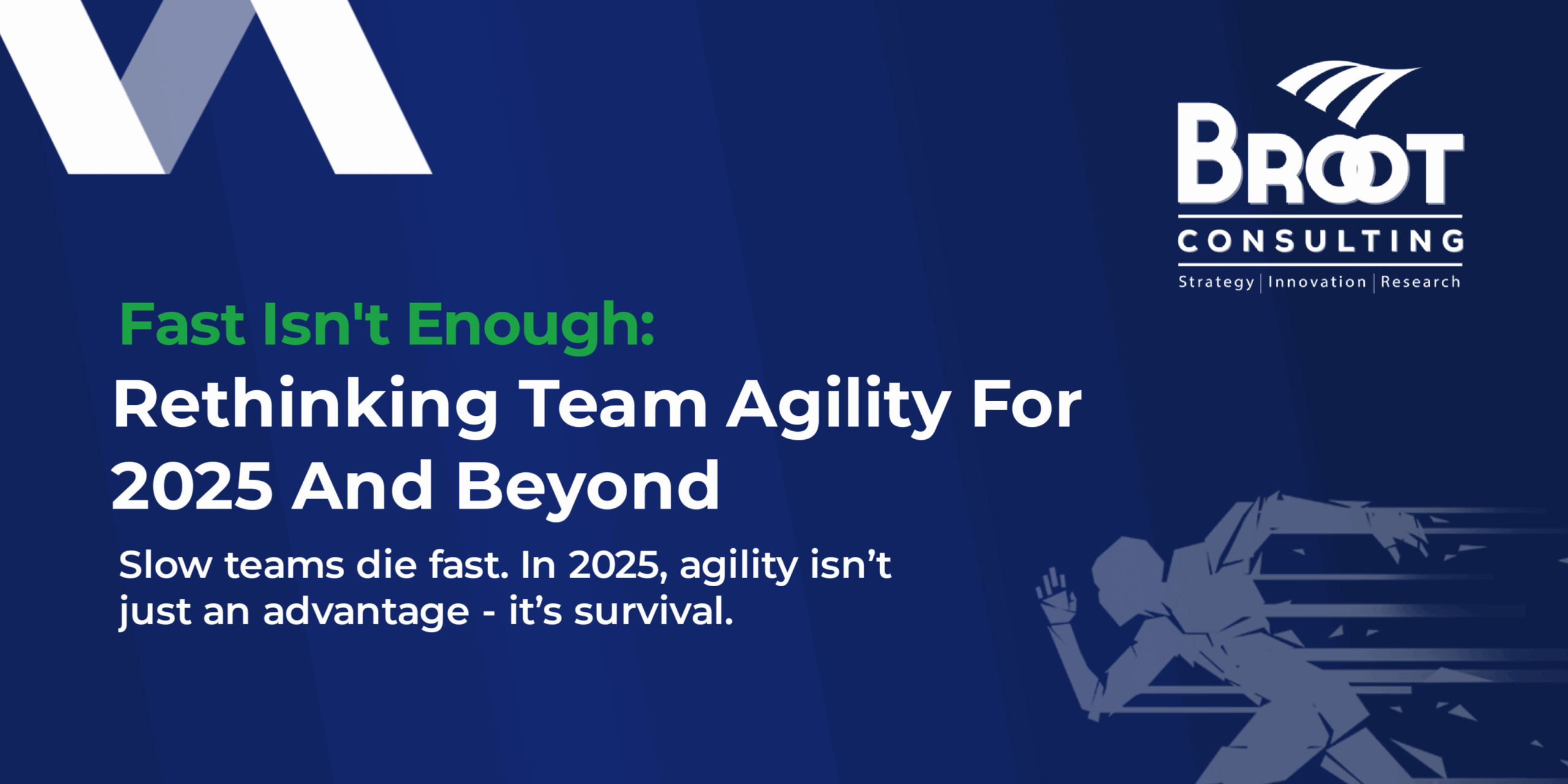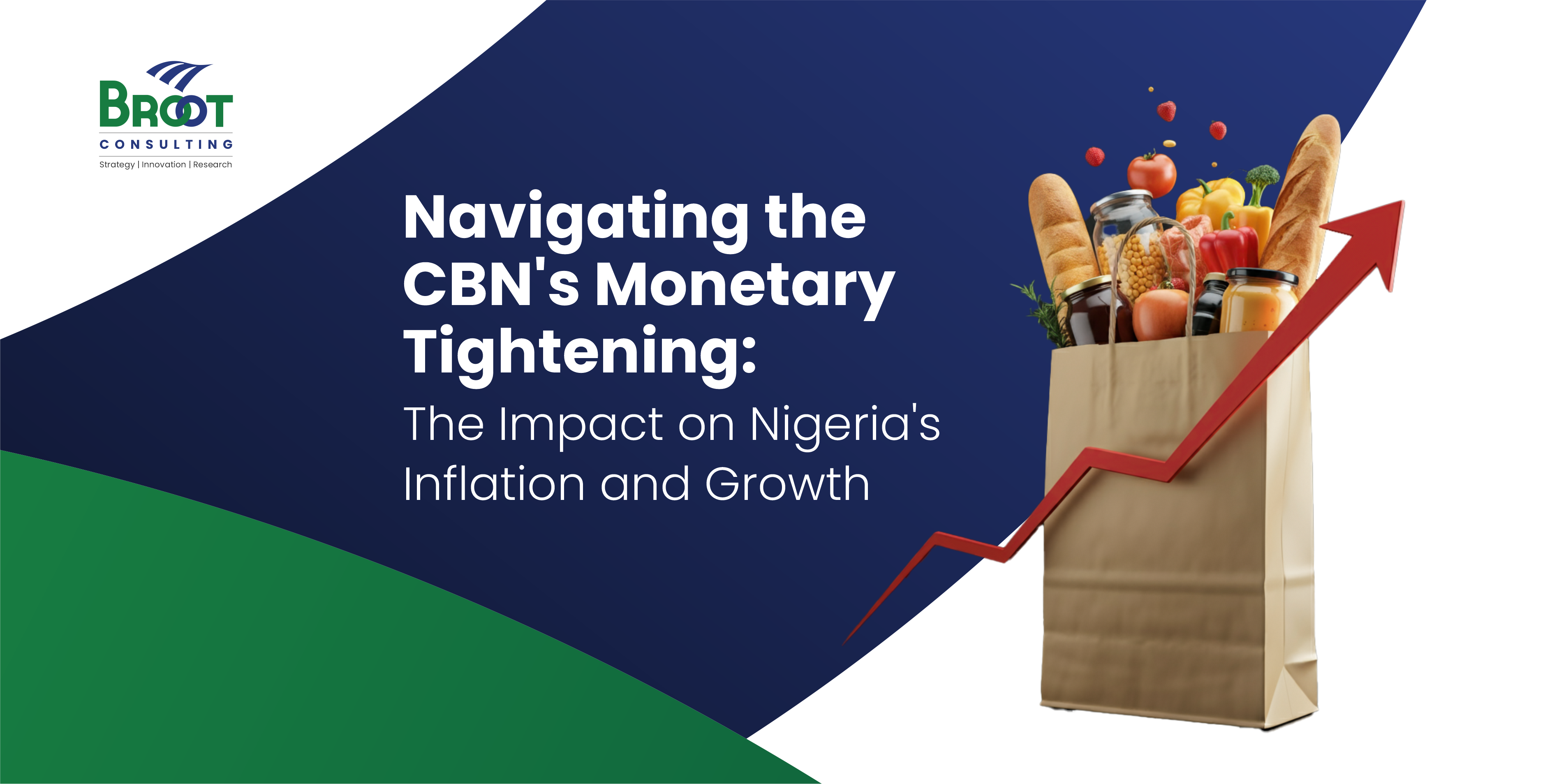“Life can only be understood backwards, but it must be lived forwards.” – Soren Kierkegaard
Introduction
A major challenge in our world of rapid changes, uncertainty and cut-throat competition is many individuals claiming prior knowledge of the outcome of events when in reality the opposite is the case. This condition leads to overconfidence, unwillingness to accept opposing views and a desperate desire to assert their hypotheses of an illusory prior knowledge of an outcome. Organizations and individuals should pay attention to this seemingly inconsequential behaviour. They might seem small but if left unchecked, they could have devastating impact that either erodes confidence, stifle innovation, cause lacklustre performance and erode the bottom-line. In some cases, such as medical practices, they could even lead to loss of lives. Without knowing, the constant exhibition of hindsight bias can be self-sabotaging and with grave consequences.
The Hindsight Bias: We Always See it Coming
Doesn’t it sound familiar? “I knew it was going to happen” or “I saw it coming” or “I know it was a bad idea”. These are familiar phrases that we encounter every day. We claim or pretend that we know something may or may not happen. One interesting thing about this assertion is; they are only voiced after the event! If you knew before the event, why didn’t you say or do something about it?
A perfect example is the Nigeria election that was cancelled barely 6 hours to its commencement. I really do not think anyone saw it coming, but in discussion with some group of friends, while everyone is busy analysing the pros and cons, one of those in the discussion said: “I knew the election would be rescheduled.” I was taken aback by the statement, and my head spun very quickly. I began to ask myself, how did he know the election will be cancelled given that the person had no relationship with the process? When did he know that the election will be postponed? Before the postponement or immediately after the election was postponed? Another common scenario is in sports; Football for instance, when a team recovers from a really bad scoreline to win the game minutes before the final whistle, we should not be surprised to hear statements like “I knew that was going to happen.”
Hindsight bias, if left unchecked, could affect different aspects of our lives. Why do we always claim to have the right answers or solutions after an effect? There is an innate tendency in us that makes us confident to forecast the outcome of an event or situation adequately; however, when our prediction is only voiced after the event then this is nothing but a hindsight bias. This type of bias is common, and except one is conscious it could lead to overconfidence that limits the ability of organisations to generate diverse ideas, undermine innovation and optimal performance. If we all have this incredible skill that makes us know the outcome of an event before it happens then why do we have failed results, failed businesses and the array of complexities in our society?
Why Should Leaders Be Aware of Their Hindsight Bias
Hindsight bias is a potential source of memory distortion, where you had the feeling that it happened as you had thought it would. Hindsight bias can make you overconfident and arrogant because you think you know the outcome of events; therefore the illusion that you can predict future events. Your subordinates may, therefore, have no choice than conclude that there is nothing to tell a man or woman that knows everything. Therefore, good ideas and strategic information that could lead to a breakthrough solution may evade the leaders that constantly but unknowingly fall into the hindsight bias trap. Hindsight bias hinders good judgment either in investment decisions, clinical outcomes, and the development of innovative solutions. It could damage the relationship with colleagues and loved ones because they could see you to be very judgmental, therefore, they leave you to your opinion and refrain from expressing their even when they know it could help the situation at hand.
How to Confront Your Hindsight Bias
- Pen it down: a famous saying which has been ascribed to several authors goes by this “If you don’t write it down, it never happened.” One of the most efficient ways to tackle hindsight bias is to keep a diary. When a major idea or an instinct occurred to you jot it down with the date and use the journals as a reference for the future.
- Consider deeply the causes of the surprise: unexpected experience is a daily occurrence, however, to avoid the trap of bias, it is essential that you think sincerely about the possible causes of the outcome that you are trying to confirm.
- Consider the final outcome: Some decisions may appear to be great for the moment, but as time goes on, they turn sour. Sometimes, it is wise to be quiet on your prediction accuracy for the moment and allow others to express their view. Never use your prediction to be an object of proving superior knowledge otherwise there will be resentment in your team.
- Recognise the finite nature of knowledge: no one knows it all, and there will always be a gap in what we know. Alfred P. Sloan, the founder of GM, was credited to end a meeting with a statement “We seem to be all in agreement here, so, I suggest that we adjourn and reconvene in a week when people have had time to think about other ideas and what might be wrong with this.” Sound decision making is found in the critical examination of the diversity of ideas; this reduces the error of judgement and self-condemnation.
- Embrace Diversity: you will not always know everything, the best way to deal with hindsight bias is to give opportunities to people of different background, education, worldview, gender, religion, ethnicity, etc. Strong leaders, who are self-confident and secure, who are comfortable in their skin and their place, will welcome alternative points of view. The insecure ones won’t, and it’s a recipe for disaster. You want to be in an organisation where somebody will tell the boss before the boss is about to do something stupid.- Thaler
Conclusion
Our opinions about the turn of events especially those that are a reoccurrence of past events tend to constitute a bias in hindsight that is, it is easy for us to assume what happened before will definitely happen again without proper research and endeavour to improve on the results. It could be the desire to want to be right in every situation or the unwillingness to accept that changes can be made to avoid unfavourable results. If our hindsight biases are put aside, we will have more favourable results and when not, a re-orientation and better approach will be deliberated on rather than boastful confidence in the turn out of events.




